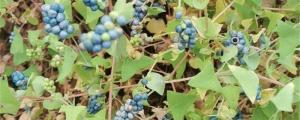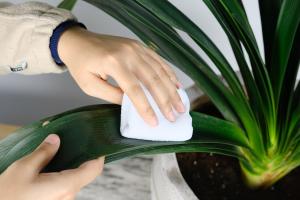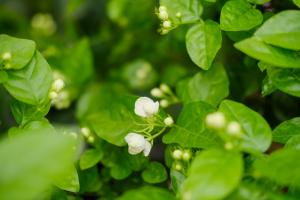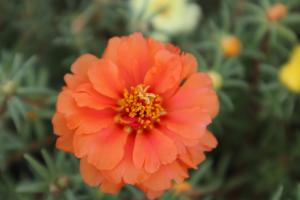1、 Curing method
1. Temperature: the most suitable temperature is about 18 degrees. It can't be too high or too low. Generally speaking, at 13 degrees or lower, it will prolong its growth period and make the flowers wither easily. Too high temperature will also have adverse effects
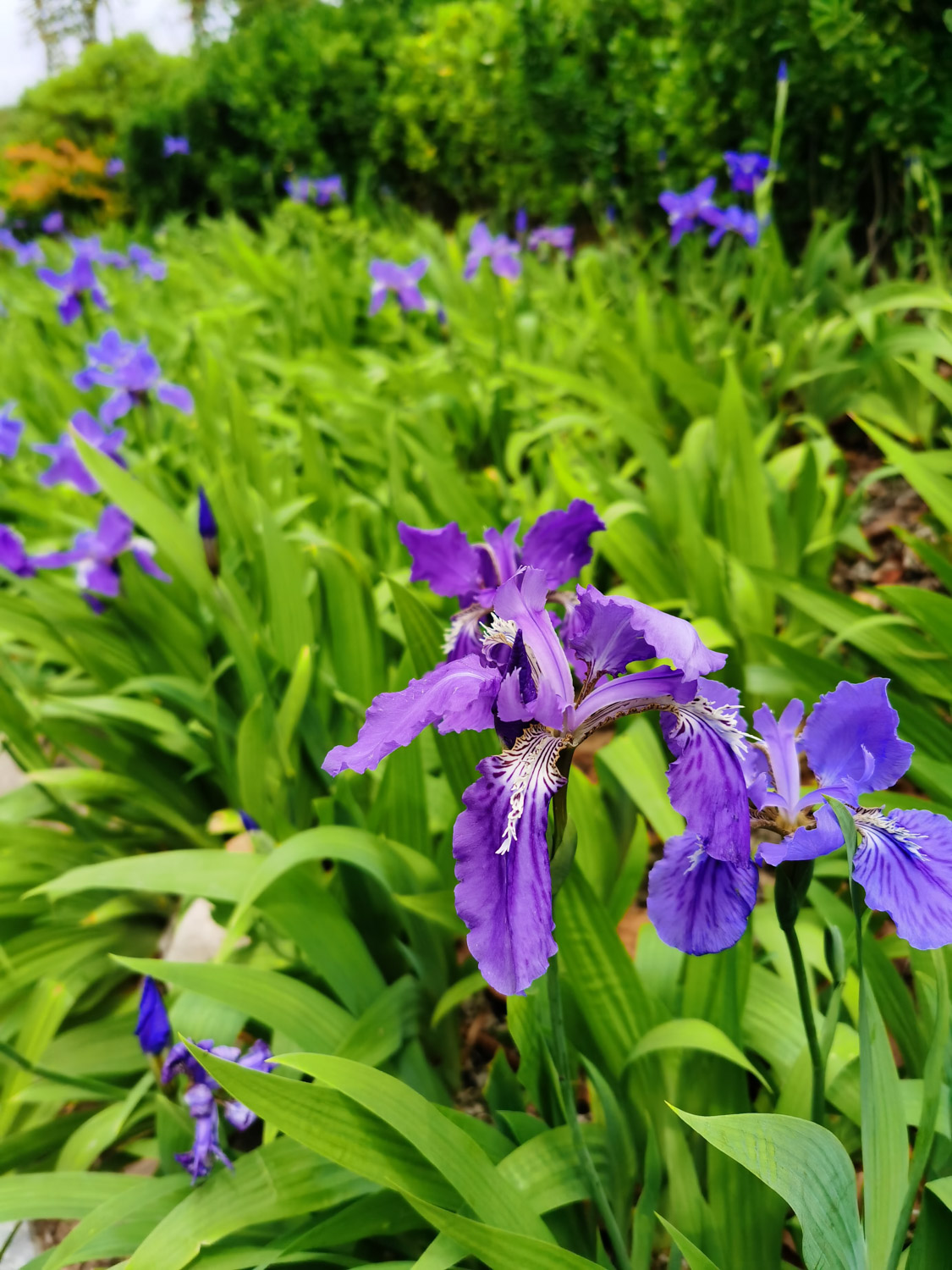
2. Light: Iris likes light. It is slightly resistant to half shade, but too dark environment has a bad impact on its growth and flowering. Therefore, in order to meet its requirements, try to let it receive more radiation when the sunshine is not so strong. Under strong sunlight, shading is required
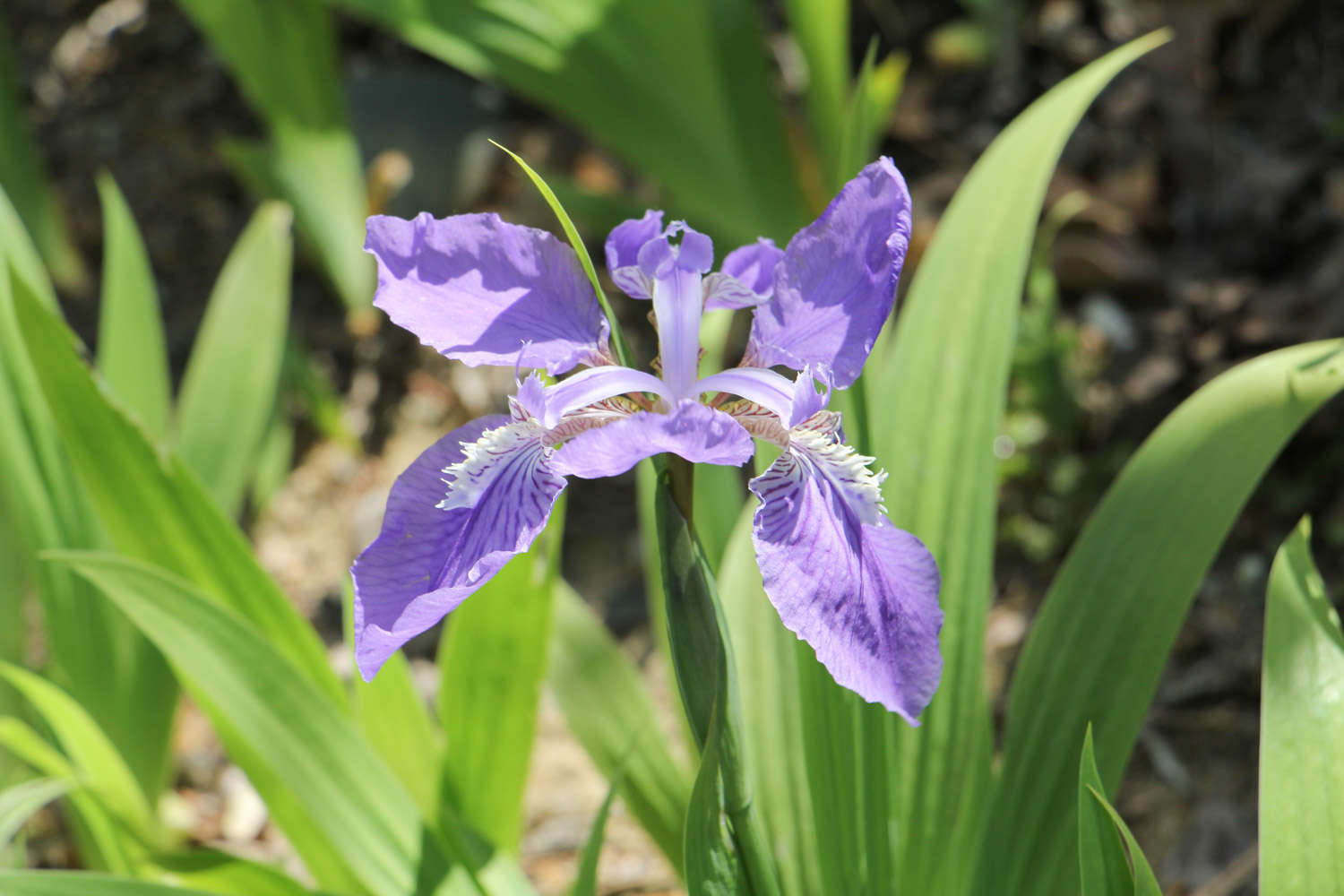
3. Watering: Iris likes to be wet, but it is very afraid of waterlogging. Sufficient water can not only meet its own needs, but also reduce the concentration of fertilizer and avoid fertilizer damage. Another important task is to improve the drainage system to avoid too much ponding
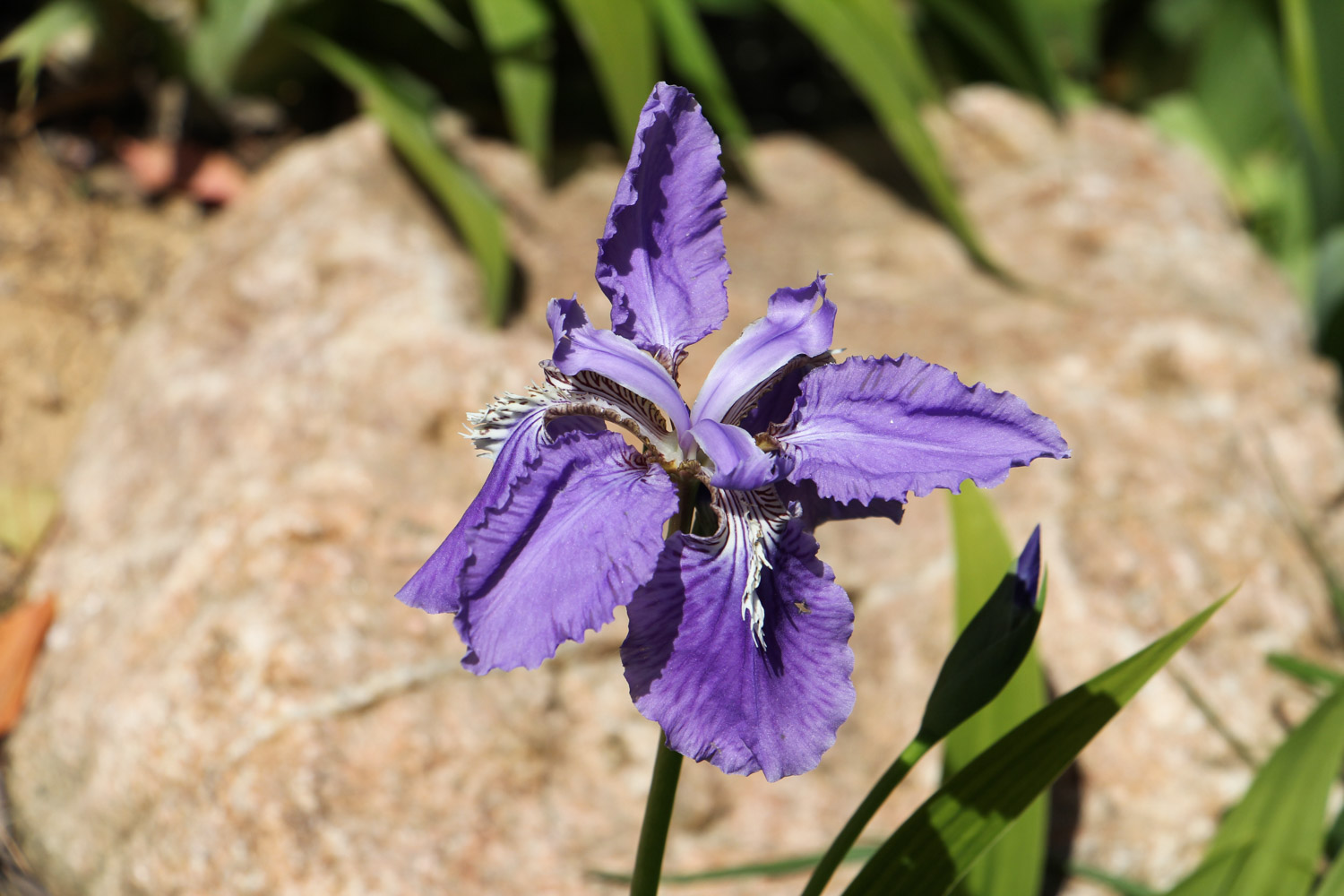
4. Fertilization: Generally speaking, there should not be base fertilizer in the soil, otherwise the salinity will be very large. Then topdressing. Note that the fertilizer containing fluorine should not be used easily

2、 Breeding skills
1. Reproduction: it can be propagated by seed ball. If the seed ball cannot be planted immediately, it needs to be stored in a low-temperature environment. Generally, it is appropriate to keep it at about two degrees and maintain appropriate humidity. Wait until the appropriate time to plant. After planting, temperature and humidity are also two very important aspects

2. Weeding: if weeds appear after planting, clean them up. Herbicide can only be used if the seed ball is deep enough. If the seed ball is buried very shallow, it cannot be used. In addition, pay attention to the amount of herbicides used every year, preferably no more than twice
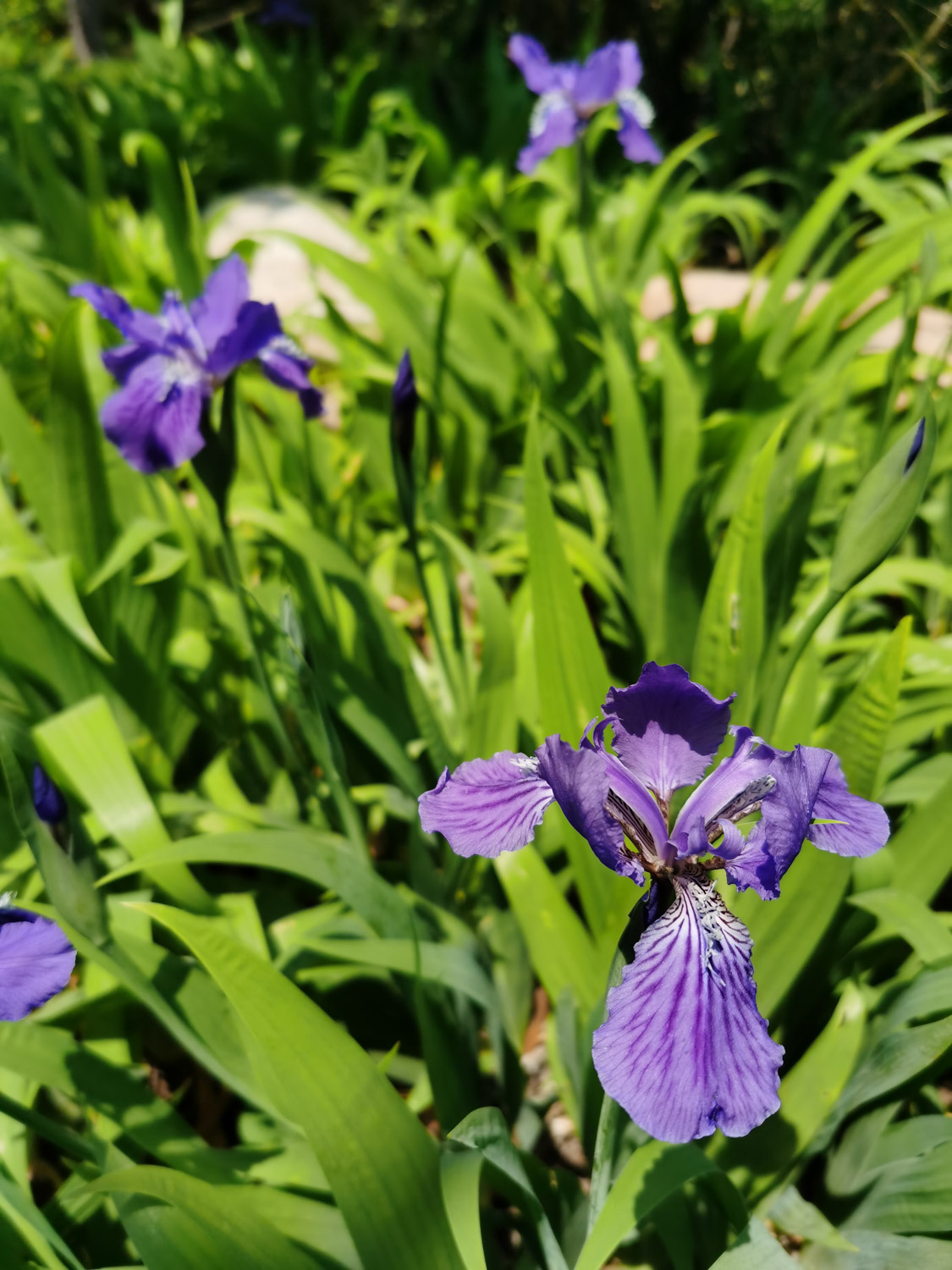
3、 Problem diagnosis and treatment
1. Disease: "seed ball rot" is a common disease, which is transmitted by a kind of spore. It can spray medicine and reduce the humidity of the air. There is also "gray mold", which will hinder the growth and seriously damage the leaves. Use drugs in time and avoid strong light
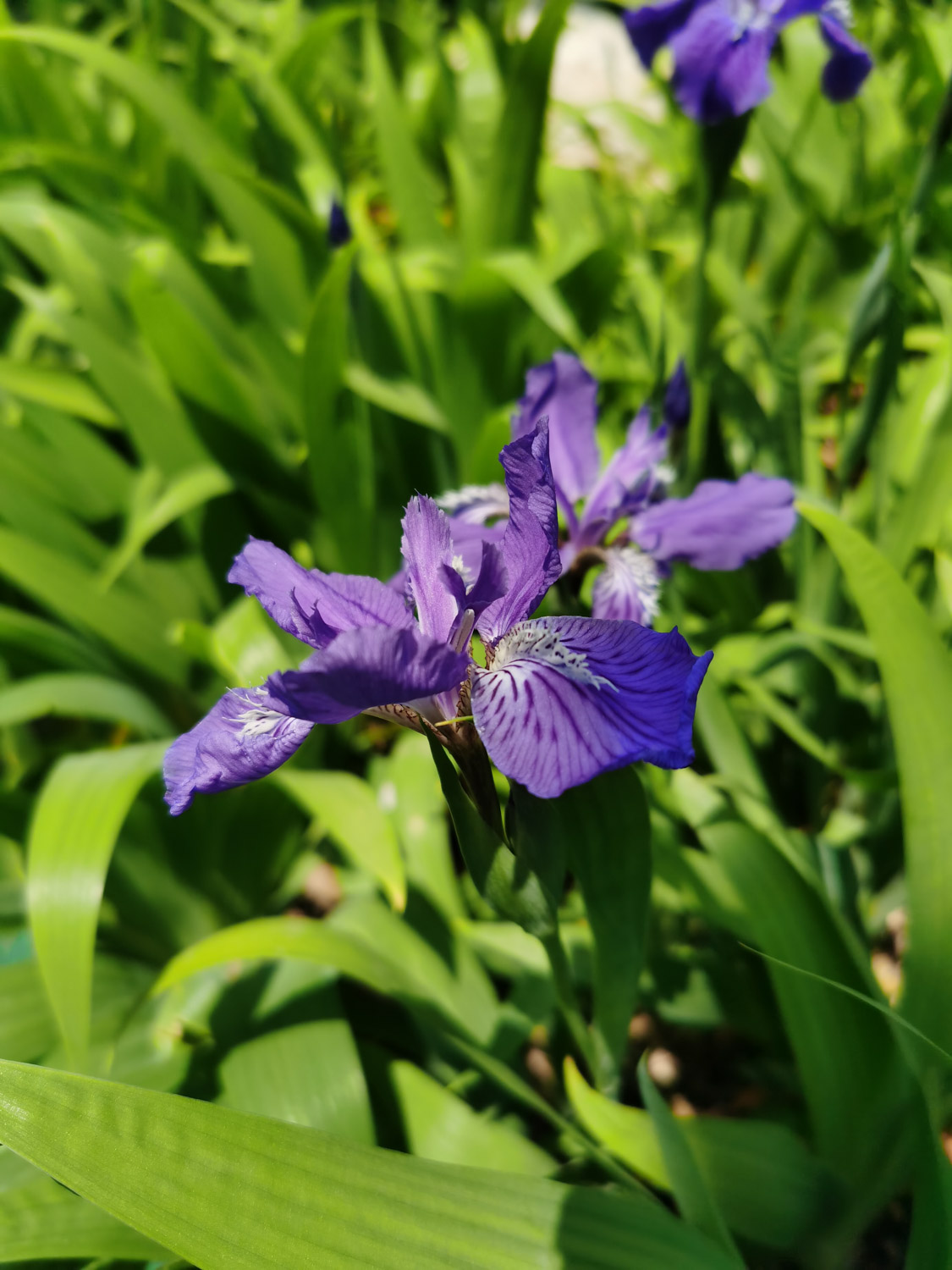
2. Insect pests: there are "nematodes", which are not only harmful, but also easy to spread some other diseases. Insecticides can be used and the soil can be disinfected

4、 Other issues
1. Flower language: the flower language of blue and purple iris includes "Miss", "good news", etc

2. Toxicity: it's toxic. The whole plant is toxic, but it's very mild< a>


 how many times do yo...
how many times do yo... how many planted tre...
how many planted tre... how many pine trees ...
how many pine trees ... how many pecan trees...
how many pecan trees... how many plants comp...
how many plants comp... how many plants can ...
how many plants can ... how many plants and ...
how many plants and ... how many pepper plan...
how many pepper plan...
